Single-cell profiling adult human neural stem cells
Neural stem cells (NSCs) of the subventricular zone (SVZ) remain mostly in a dormant state in the adult human brain after closure of the neurogenic period at birth. These dormant progenitors rarely proliferate or produce neurons. How an adult human NSC is maintained in this quiescent state and could be triggered to re-activate is still unclear.
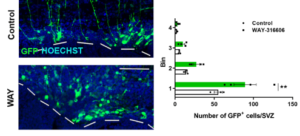
In this recent publication at Nature Communications, Vanessa Donega, Elly Hol and colleagues unravel a possible mechanism through which progenitors of the adult human SVZ are maintained in a dormant state. They used state-of-the-art single-cell RNA sequencing to profile the molecular characteristics of a major neural stem cell niche in the adult human brain. They identify the Wnt pathway antagonist SFRP1 as a possible signal that promotes neural stem cell quiescence in the aged human SVZ. Furthermore, they show that inhibition of SFRP1 stimulates neural stem cell activation both in vivo and in vitro. This work opens up future possibilities to stimulate neural stem cells of the human brain to promote repair.
“I am very happy that this work is out, and I am excited to continue investigating the role of SFRP1 in regulating neural stem cell quiescence.” Vanessa Donega
This work was performed primarily at our Translational Neuroscience department of the UMC Brain center. This work was supported by ZonMw, by the MAXOMOD consortium, a Ministry of Science and Technology of China grant, Theme-based Research Scheme, Health and Medical Research Fund and CUHK Direct Grant
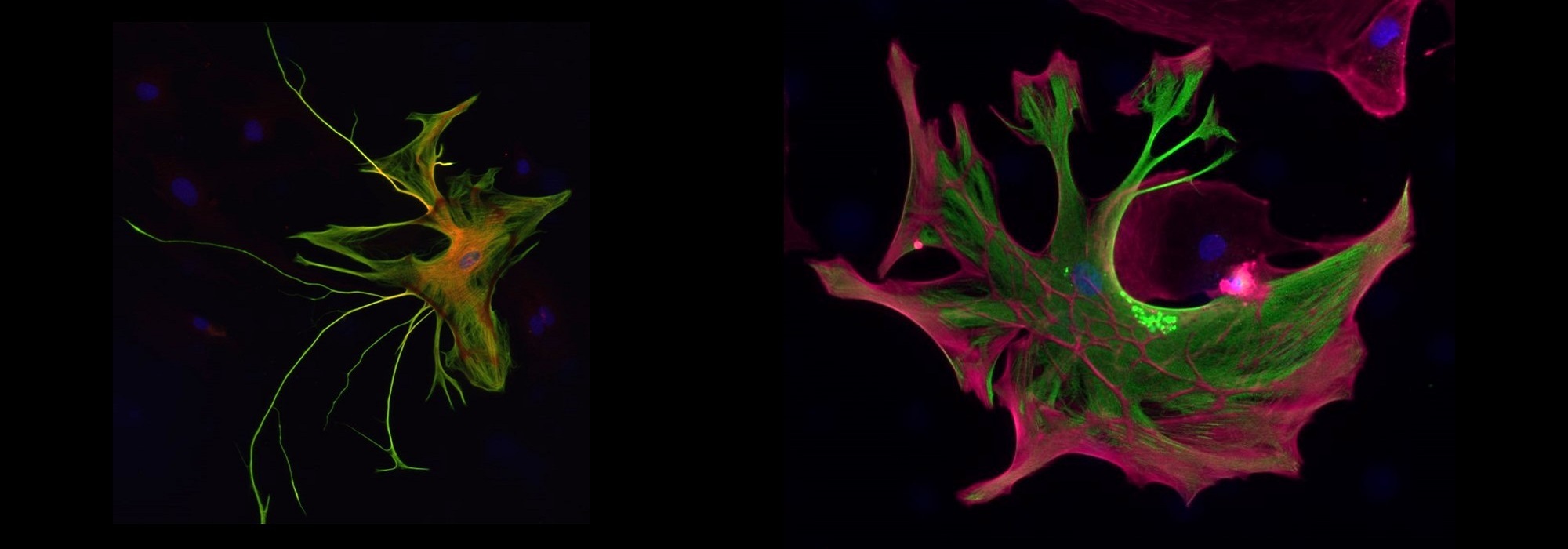
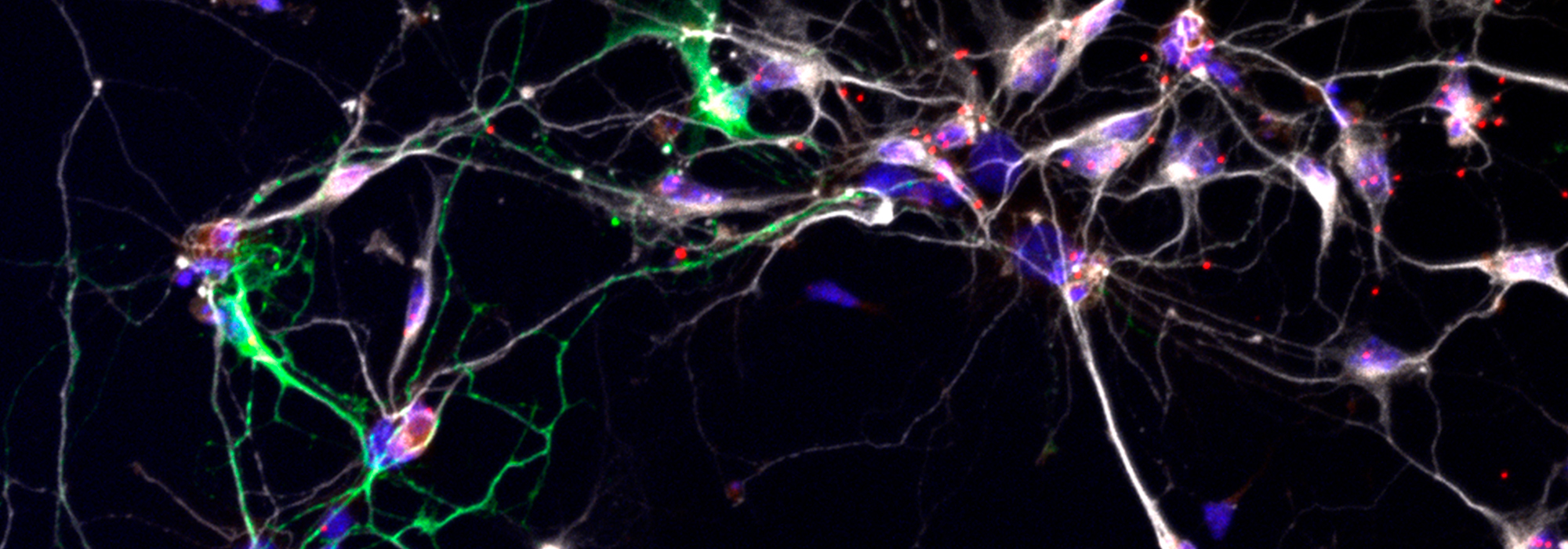
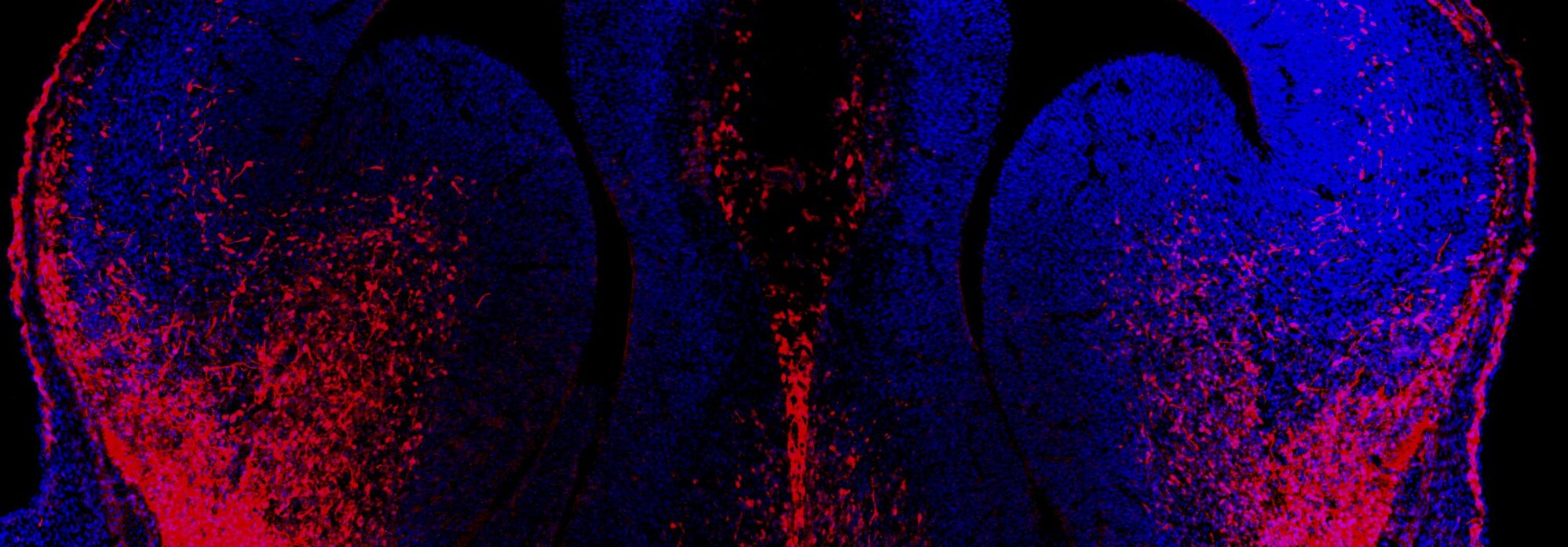
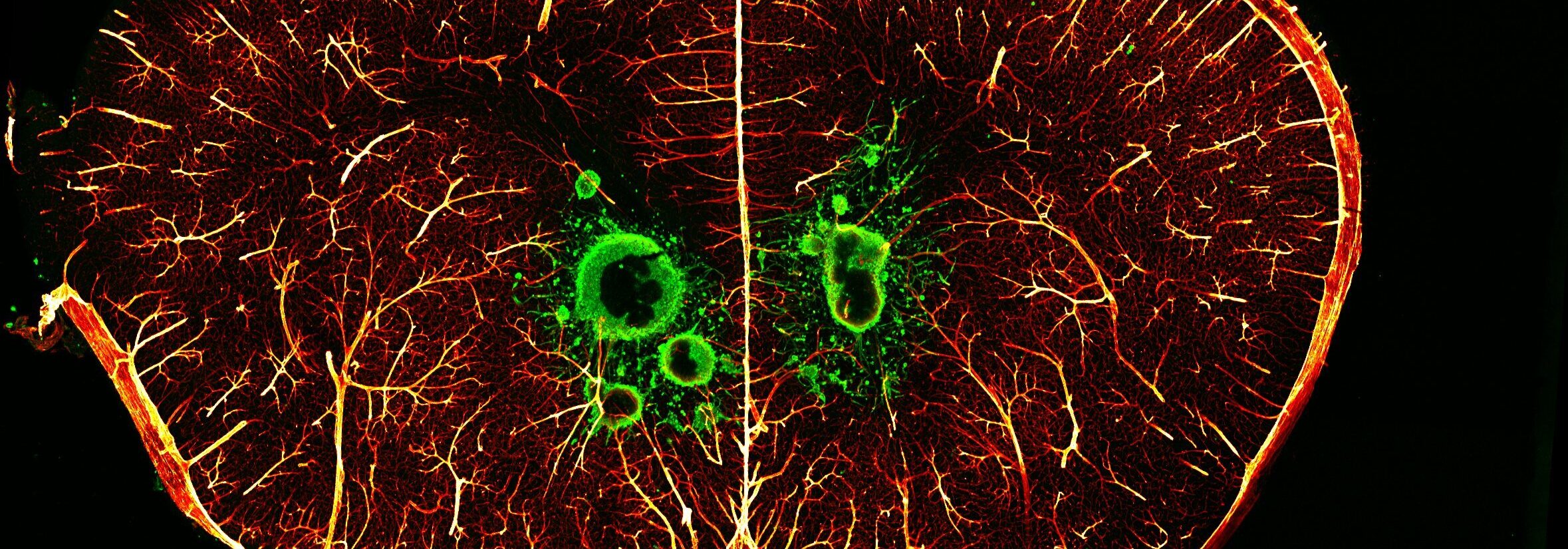
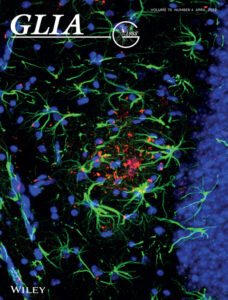 Astrocytes are literally the star cells of our brains! PhD candidate
Astrocytes are literally the star cells of our brains! PhD candidate